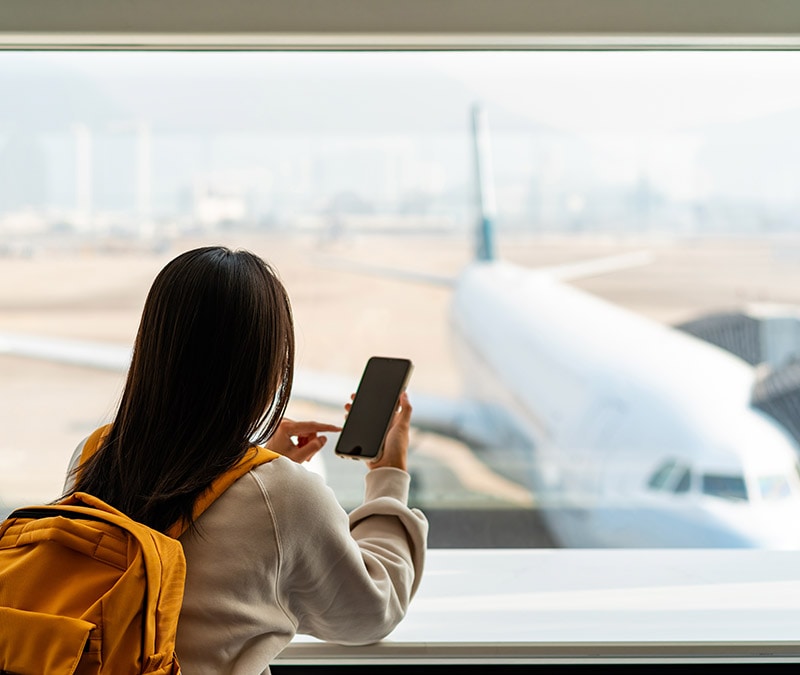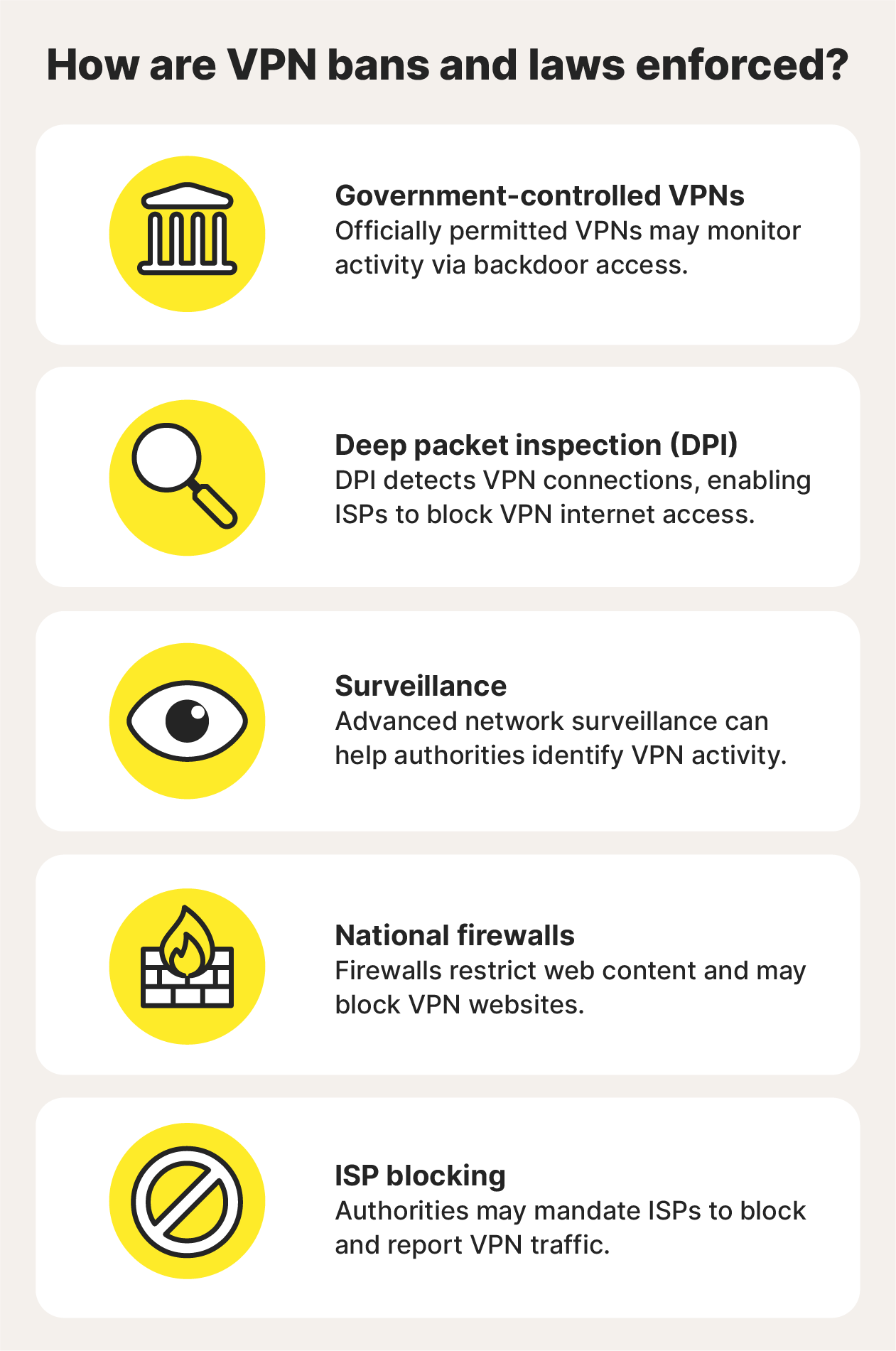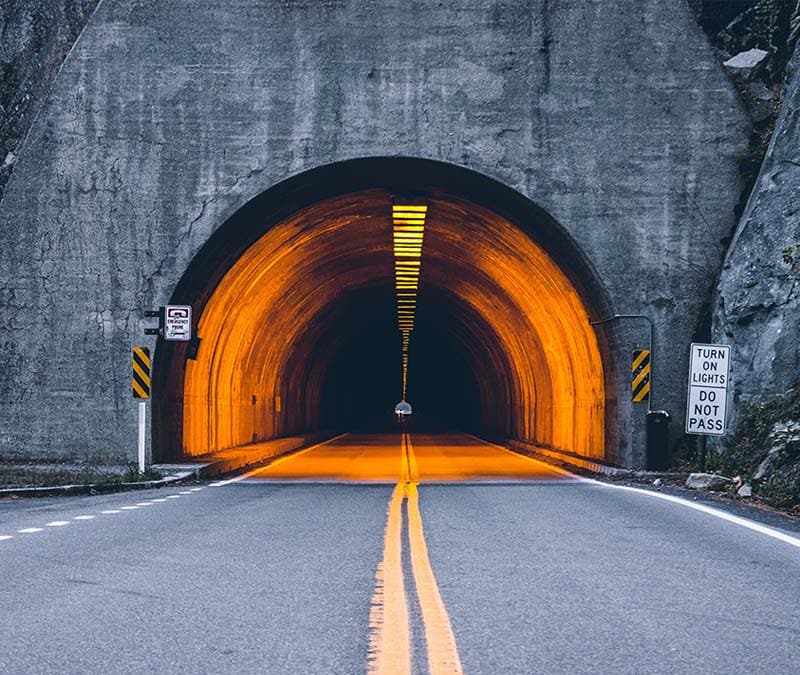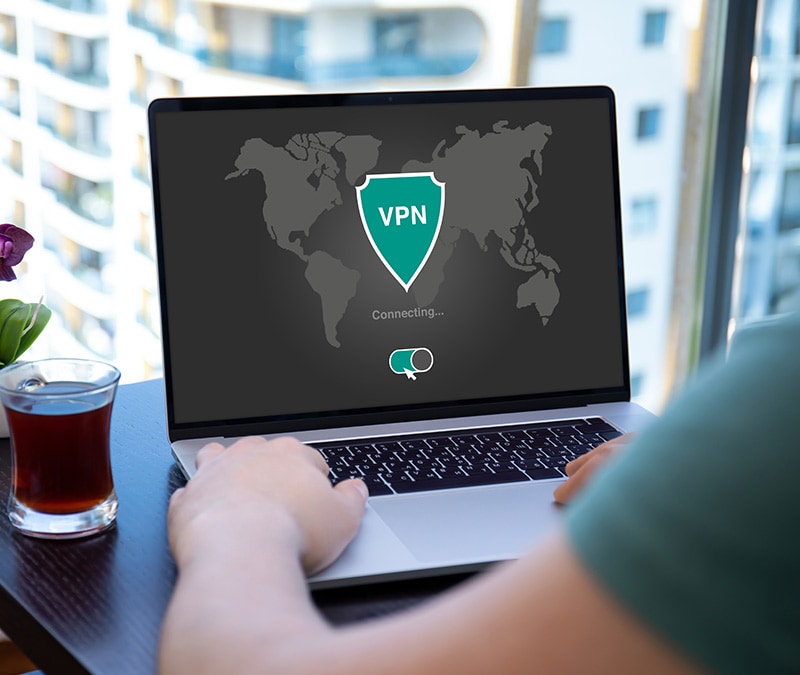Are VPNs legal? A global guide
VPNs help mask your online activity—from companies, your ISP, and other prying eyes. But are VPNs legal? Keep reading to learn where VPNs are legal, where they aren’t, and where the law around VPN use isn’t so sharply defined. And if you’re in a country where use is permitted, get a reliable VPN with a no-log policy and bank-grade encryption.

Are VPNs legal to use?
In most countries VPNs are completely legal, including in the US, Canada, the UK, and most European and Latin American countries. However, VPNs are illegal in countries such as Belarus, Iran, Iraq, and Turkmenistan. Some countries, like China, Russia, Turkey, and the UAE, restrict VPN use, and it can be easier for authorities in those countries to monitor VPN activity.
Before using a VPN, it’s important to understand the VPN laws of the country you’re in, because using a VPN illegally can carry severe penalties.
Though many governments recognize the privacy benefits of VPNs—such as keeping your location, activity, and identity hidden—all countries have some legal limits on VPN usage. A good rule of thumb is that if it’s illegal without a VPN, like malicious hacking or buying or selling illicit drugs, it’s also illegal with a VPN.
Where are VPNs illegal?
In the handful of countries where VPNs are illegal or heavily restricted, the law is generally in place to control the information that citizens can access online. You need to be especially careful using VPNs in countries where they’re legal but restricted to avoid inadvertently viewing banned or censored content.
Here’s a run-down of the countries where VPNs are most heavily regulated:
Country |
Legal Status |
What You Need to Know |
|---|---|---|
Belarus |
Illegal |
VPNs are banned in Belarus and using one can result in a fine. |
China |
Restricted |
Providers in China need government approval to set up VPNs, which could mean providing backdoor access to the authorities. Non-approved VPN use is illegal and can result in serious fines or other penalties. |
Egypt |
Restricted |
Egyptian authorities have blocked hundreds of VPN and proxy providers. The government also blocked many websites and new outlets for allegedly spreading false information or violating religious standards. |
Iran |
Illegal |
Iran has officially banned the use of VPNs without explicit permission from government authorities. |
Iraq |
Illegal |
The Iraqi government prohibits using or promoting circumvention tools like VPNs that can help bypass content blocks. However, it’s unclear how the law is enforced. |
Myanmar |
Illegal |
The country’s military government has severely restricted internet access, and a proposed cybersecurity law would outlaw VPNs in Myanmar. |
North Korea |
Illegal |
Accessing the internet in North Korea is nearly impossible, unless you’re a member of the elite. Even then, the process of surfing the web is heavily monitored. |
Oman |
Illegal |
Individuals in Oman can face fines of up to $1,300 for using a VPN. Use is permitted only to those who apply for government approval before using them. |
Russia |
Restricted |
In 2016, the Russian government passed a law requiring VPN providers to log their users’ activity. VPNs remain heavily restricted, and VPN services can’t operate in the country while preserving their users’ privacy. |
Turkey |
Restricted |
Using VPNs and Tor is blocked in Turkey, and internet censorship is widespread. Legislation aimed at social media companies has left popular platforms like Facebook and YouTube heavily regulated. |
Turkmenistan |
Illegal |
Online activity is heavily controlled in Turkmenistan, and VPNs are illegal. The government has gone to great lengths to dissuade citizens from using VPNs. |
UAE |
Restricted |
While there are many legal uses for VPNs in the UAE, it’s illegal to use them for VoIP services such as Skype or WhatsApp, for example. |
Uganda |
Blocked |
The Ugandan government shut down the internet during recent elections, and VPN use is blocked. |
What happens if you use a VPN illegally?
If you use a VPN in a country where a VPN is illegal, you risk fines, deportation, or other penalties. The exact consequences will depend on the country you’re in and the online activity you engage in.
In countries where VPNs are banned, simply using one to connect to the internet could lead to serious consequences. In others, it may be legal to use a VPN for some activities, such as streaming shows or banking online. But, using VPNs to access restricted websites, such as a blocked news outlet or the dark web, may incur harsh penalties.
It’s not always easy to know which types of content a country considers illegal. Some sites that might seem mundane to you, like the BBC, are banned in China and other countries. And a variety of countries ban Facebook, Twitter, and TikTok. That’s why it’s so important to research VPN regulations and internet laws before going online in foreign countries.
How are VPN bans and laws enforced?
If VPNs hide your identity and location, how can authorities find out that you’re using one? Countries with VPN bans or VPN restrictions have several ways to detect VPN use to help enforce their VPN laws.
Here’s a look at the tools and tactics governments use to enforce VPN laws:
- Government-controlled VPNs: Some countries like Russia allow VPN services to operate only if they register with the government. That makes it more likely that the VPN is logging user activity and providing backdoor access for the government to monitor VPN activity.
- DPI: Deep packet inspection (DPI) is an advanced technique governments can use to detect VPN internet connections. Once identified, internet service providers (ISPs) can then block those connections, preventing users from accessing the internet with a VPN.
- Surveillance: Advanced surveillance of web traffic can help authorities identify and track VPNs that have known markers. VPNs with weaker protocols may be detected more easily than VPNs like Norton VPN that have strong security protocols.
- National firewalls: National firewalls, like China’s so-called Great Firewall, restrict web content and internet access nationwide. That may include blocking VPN and proxy websites, making it difficult for people to access VPN services or to even become aware of their existence.
- ISP blocking: Authorities in some countries may require internet service providers to block web traffic suspected of coming through a VPN. ISPs may also be required to surveil and report suspected VPN use.


How to bypass VPN blocks
In countries that restrict or ban VPN use, it may still be possible to bypass VPN blocks to access restricted content, but doing so may be illegal and can carry significant consequences. This type of VPN access feature may be available only with VPNs that have extremely secure protocols.
Along with using a VPN to get around access restrictions, there are a few additional ways to bypass content blocks. It's important to note that we do not recommend using a VPN to attempt to access blocked content in a country where VPNs are illegal, but journalists, whistleblowers, or others may find it necessary. And remember, bypassing VPN blocks does not guarantee your privacy, especially in countries with strict web surveillance and government regulations around VPNs.
Here are a few ways to try to get around VPN blocks.
- Choose a VPN with obfuscation technology: Obfuscation technology provides an extra layer of protection by running your VPN traffic through an obfuscated server that disguises it as regular HTTPS web traffic. That makes you look like a normal web user while keeping your identity hidden.
- Change server locations often: VPNs give you options to connect via servers in various locations around the globe. Changing the servers you connect through more often can reduce the risk of being discovered by VPN trackers or web surveillance.
- Connect via specific ports: VPNs operate by sending information via specific router ports that tunnel traffic privately and securely. Many networks try to stop VPN traffic by blocking access from these ports, but certain VPNs allow you to select unconventional ports to bypass commonly blocked channels.
Help keep your internet activity private with Norton VPN
While some countries block, restrict, and even ban VPNs, in many countries, VPNs are completely legal, allowing users to encrypt their online activity to help access the content they want and protect against snooping and hacking.
Norton VPN helps protect your web activity from prying eyes with a full suite of premium privacy and security features, including ironclad AES-256 encryption, a no-log policy, and automatic compromised network detection.
FAQs
Are VPNs illegal in the US?
VPNs are completely legal in the US. You can use a VPN to hide your web activity, stream content, and change your online location via a virtual IP address.
Is it illegal to use a VPN for streaming?
In the US and many other countries, it’s not illegal to use a VPN for streaming. But using a VPN to steam content that violates copyright and piracy laws may violate the VPN provider’s terms of service. To prevent this, some streaming services like Netflix will restrict you to content that has global viewing rights if they detect VPN usage.
Can you get in trouble for using a VPN?
You can’t get in legal trouble for using a VPN unless you use one unlawfully in a country that restricts or bans VPNs. Countries like China, Russia, and Egypt have various levels of VPN restriction, and you can face fines or other consequences for using a VPN to access content.
Can the police track a VPN?
In most countries, the police can’t track your VPN use, although they can try to get a court order requiring your internet service provider or VPN service to comply with an investigation. But if you use a no-log VPN that doesn’t store usage data, your online activity will remain hidden, even through a police raid. However, in countries where VPNs are restricted or illegal, the authorities may be able to track your VPN use at any time.
Editorial note: Our articles provide educational information for you. Our offerings may not cover or protect against every type of crime, fraud, or threat we write about. Our goal is to increase awareness about Cyber Safety. Please review complete Terms during enrollment or setup. Remember that no one can prevent all identity theft or cybercrime, and that LifeLock does not monitor all transactions at all businesses. The Norton and LifeLock brands are part of Gen Digital Inc.






Want more?
Follow us for all the latest news, tips, and updates.